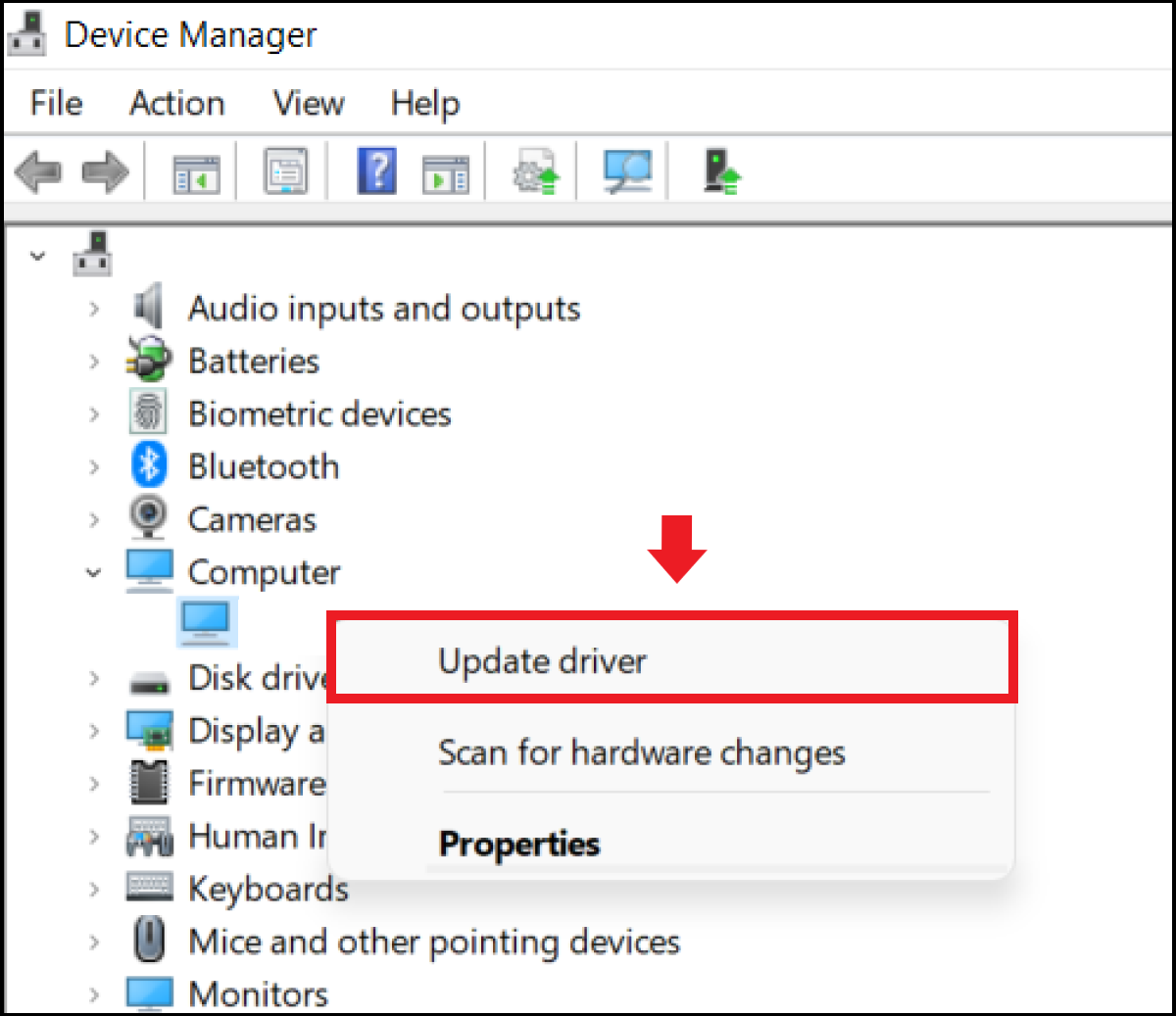
Effective Ways to Write a 2 Week Notice for a Smooth Transition
Writing a two week notice is an important step in leaving a job professionally and respectfully. It's the standard practice that not only signals your intention to resign but also helps you maintain relationships with your employer and colleagues. Crafting a resignation letter or email can set the tone for your future professional engagements and is a vital part of workplace protocol. This article provides a detailed guide on how to write a notice of resignation effectively, ensuring a smooth job transition while adhering to professional etiquette.
In this guide, we will cover the following sections:
- Understanding the Components of a Resignation Letter
- Sample Two Week Notices
- Job Resignation Tips for Professionals
- The Importance of Giving Notice
- Best Practices for Communicating Your Resignation
- Emotional Considerations When Leaving a Job
By following the guidance in this article, you will be well-prepared to announce your resignation confidently and maintain positive relationships as you transition to new opportunities.
Understanding the Components of a Resignation Letter
Key Elements of a Resignation Letter
A formal resignation letter typically includes several critical components. Start with a clear statement of resignation that includes your intention to leave and your last working day, incorporating the notice period of two weeks. You should express gratitude for the opportunities you’ve had during your tenure and keep the content professional to maintain decorum in communication.
Formatting Your Notice Properly
It's essential to structure your resignation letter correctly. Here’s a recommended format:
- Your Name
- Your Address
- City, State, Zip Code
- Email Address
- Date
- Manager's Name
- Company's Name
- Company's Address
- City, State, Zip Code
By presenting your notice in a formal letter format, you reiterate the seriousness of your decision while following professional standards.
Content to Include in Your Resignation Notice
When writing your two week notice, ensure you include the following:
- Your intention to resign
- The exact reason for leaving can be mentioned if comfortable
- A thank you note expressing appreciation for the experiences gained
- Your planned last working day
- Any offer of help during the transition period
Sample Two Week Notices
Traditional Resignation Letter Example
This sample illustrates a professional format for a resignation letter:
[Your Name] [Your Address] [City, State, Zip Code] [Email Address] [Date] [Manager's Name] [Company's Name] [Company's Address] [City, State, Zip Code] Dear [Manager's Name], I am writing to formally resign from my position at [Company Name], effective [Last Working Day]. Thank you for the opportunities I have been given during my time here. I appreciate your guidance and support, and I hope to stay in touch. Please let me know how I can assist during the transition. Sincerely, [Your Name]
Email Resignation Sample
If you prefer to communicate your resignation via email, here’s a simple example:
Subject: Notice of Resignation Dear [Manager's Name], I hope this message finds you well. I am writing to formally resign from my position at [Company Name], with my last working day being [Last Working Day]. I want to express my gratitude for the guidance and support you've provided during my time here. I’m happy to help during the transition process, whether it's training a replacement or wrapping up my tasks. Thank you once again for everything. Best regards, [Your Name]
Creative Resignation Message Example
Sometimes, a creative approach can make your resignation memorable. Consider something like:
Subject: Signed, Sealed, and Delivered Dear [Manager's Name], I am writing to officially hand in my two week notice, effective [Last Working Day]. It has been a fantastic journey, and I appreciate your mentorship, which has been instrumental in my career growth. I am committed to ensuring a smooth transition and will do everything I can to leave my responsibilities in order. Thank you for the memories and lessons. Warmly, [Your Name]
Job Resignation Tips for Professionals
How to Prepare for Your Resignation
Preparing for your job resignation involves several steps to ensure you leave on good terms. Start by planning your communication strategy—who will you inform and how? Consider discussing your decision with your manager first before submitting your formal notice as a sign of respect.
What to Keep in Mind During Your Notice Period
During your two-week notice period, it’s crucial to maintain professionalism. Continue performing your duties efficiently and help your team through the transition. This approach can bolster your professional reputation and is essential for positive employer notifications.
Common Mistakes to Avoid
Avoid making common resignation mistakes such as badmouthing the company, failing to give enough notice, or neglecting your responsibilities during the notice period. These actions can tarnish your reputation and affect future employment opportunities.
The Importance of Giving Notice
Why Notice is a Professional Standard
Providing a two week notice is a professional standard followed in many industries. It allows employers to prepare for your departure, including reorganizing roles and responsibilities. This consideration significantly reduces workplace disruption and is part of effective employee communication.
Impact on Professional Relationships
Leaving a job respectfully can have a lasting impact on your professional relationships. It's wise to be cordial and positive during your exit, as the industry is smaller than you might think. You may encounter former colleagues in future roles or need a reference down the line.
Legal and Contractual Considerations
Familiarize yourself with your company’s resignation policy and any legal implications regarding notice periods. Understanding these aspects of your employment relationship can prevent misunderstandings and ensure a smooth exit.
Best Practices for Communicating Your Resignation
Choosing the Right Timing
When submitting your resignation, timing is essential. Aim to communicate your decision early in the week, preferably on a Monday or Tuesday. This timing can promote better discussions and planning for your transition.
In-Person vs. Written Notice
While written notices are essential, consider giving your manager a verbal notice first. This practice shows respect and allows for an immediate conversation about your reasons for leaving.
Preparing for an Exit Interview
If offered an exit interview, prepare to provide constructive feedback. These interviews are a platform to share your experiences honestly while maintaining professionalism. Remember, they could influence the workplace culture for those remaining.
Emotional Considerations When Leaving a Job
Managing the Emotional Aspects of Quitting
Leaving a job can stir various emotions, including sadness, relief, or anxiety about the future. Acknowledge these feelings as a natural part of the quitting process. Taking the time to reflect on your experiences can provide closure as you transition to new opportunities.
Maintaining Professionalism During Farewell
As you prepare for your last day, ensure you handle all final communications with professionalism. This practice includes thanking colleagues and supervisors, maintaining a positive attitude, and offering to help with the transition.
Keeping Connections Alive Post-Departure
Don’t underestimate the value of maintaining professional connections once you leave. Reach out to your former colleagues on platforms like LinkedIn, follow up occasionally, and nurture relationships, as these contacts can be beneficial in your future career.

Writing a two week notice is not just a formality—it’s an opportunity to leave your job gracefully. Following the best practices and principles laid out in this article will help ensure your transition is smooth, respectful, and professional. You will leave with your reputation intact, ready for the next chapter in your career journey.
